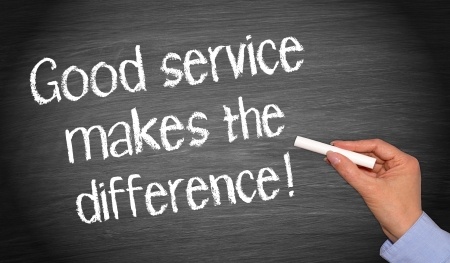 While the worldwide percentage of unlicensed installed PC software rose from 42% in 2011 to 43% in 2013, Brazil decreased from 53% to 50%. Although still high, this rate signals an unprecedented reduction in the rate of use of unlicensed software in Brazil, which for the first time has been halved. Since 2007, use of unlicensed software has dropped to an average of 3% per biennium.
While the worldwide percentage of unlicensed installed PC software rose from 42% in 2011 to 43% in 2013, Brazil decreased from 53% to 50%. Although still high, this rate signals an unprecedented reduction in the rate of use of unlicensed software in Brazil, which for the first time has been halved. Since 2007, use of unlicensed software has dropped to an average of 3% per biennium.The data are from the BSA Global Survey on Software, which also showed that the country recorded the lowest rate among the BRIC and Latin American nations, a region that, in turn, had the third highest rate in relation to the rest of the globe (59% ).
“The damage caused by the use of non-genuine software affects not only the software industry. The consequences bring economic damage to the country, which loses in tax collection and suffers from the reduction of labor supply. And it doesn't stop there, when this practice leaves the domestic sphere and reaches the corporate environment, the risks become greater. It is worrying to see companies that should have an ethically committed posture with the use of licensed software perpetuating this practice on their premises, especially given the alarming consequences that this can have in terms of legal penalties, security risks and loss of financial return”, emphasizes Frank Caramuru, director of BSA in Brazil.
The BSA Global Software Survey is conducted every two years for the BSA by IDC, which this year surveyed computer users in 34 markets, including nearly 22,000 consumer and business PC users and more than 2,000 IT managers. Among the results obtained:
- The rate of PC software installed without proper license in Brazil was 50% in 2013, representing a decrease of 3% compared to 2011. The commercial value of unlicensed software totaled US$ 2.851 billion.
- The main reason computer users all over the world cite for not using unlicensed software is to avoid security threats due to malware. Among the risks associated with unlicensed software, 64% of global users cited unauthorized access by hackers as a top concern and 59% cited data loss.
- IT managers around the world express understandable concern that unlicensed software could cause harm, yet less than half say they are fully confident that their company's software is properly licensed.
- Only 38% of companies in Brazil have written policies that require the use of properly licensed software, an average slightly higher than the world average, 35%.
- The global percentage of unlicensed installed PC software rose from 42% in 2011 to 43% in 2013. This equaled the 2009 record, as emerging economies where the use of unlicensed software was prevalent continued to account for the growing majority of all the PCs in service.
- The commercial value of installed unlicensed PC software globally totaled US$ 62.7 billion in 2013.
- The region with the highest rate of unlicensed PC software installs in 2013 was Asia Pacific with 62%. This represented an increase of 2% over 2011, with the commercial value of these unlicensed software installations reaching US$ 21 billion.
- Central and Eastern Europe had the second highest rate of unlicensed software installs with 61%, followed by Latin America with 59% and the Middle East and Africa also with 59 %.
- North America continues to have the lowest regional rate, 19%, although this constitutes a significant commercial value of approximately US$ 10.9 billion.
- In Western Europe, the overall rate dropped three points to 29% in 2013, with a commercial value of US$ 12.8 billion.
- In the European Union, the rate dropped two points to 31% in 2013, with a commercial value of US$ 13.5 billion.
“Using unlicensed software is an organizational governance issue – and this study shows that there is a clear need for improvement,” said BSA President and CEO Victoria Espinel.
A complete copy of the BSA Global Software Survey, including country-specific data, is available for download from the BSA website: www.bsa.org/globalstudy,












